Vision
The Department of Mechanical Engineering envisages to be recognized as a role model in advanced fields of Mechanical Engineering Education and Research and to cater the ever changing industrial demands and social needs.
Mission
M1: Educate, motivate and prepare the students to know the fundamental and technical skills in Mechanical Engineering through effective teaching learning Methodologies.
M2: To imbibe professional and ethical standards in the minds of the young engineers by continuous learning and professional activities.
M3: To impart the employability skills to the students as industry ready by implant training and industrial visits.
M4: To create entrepreneurship skills by industrial collaborations and mentoring.
M5: To encourage students to undertake R&D activities for the societal needs with high ethical standards.
Programme Educational Objectives (PEOs)
PROGRAMME EDUCATIONAL OBJECTIVES (PEO)
PEO 1: To impart fundamentals of Engineering and Technology and applied Mathematics to transform the students as Mechanical Engineers.
PEO 2: To nurture design, analysis and implementation skills to innovate the process or system in Mechanical Engineering with global context.
PEO 3: To imbibe Mechanical Engineering related technical and aptitude skills to offer best solution to industrial and societal problems.
PEO 4: To initiate the entrepreneurial activities and leadership qualities of the students through the effective communication skills.
PEO 5: To develop the awareness among the students about the various social responsibilities related to Engineering ethics and human values with ecological
Programme Outcomes (POs) & Programme Specific Outcomes(PSOs)
PROGRAM OUTCOME (PO)
PO1: Engineering knowledge: Apply the knowledge of mathematics, science, engineering fundamentals, and an engineering specialization to the solution of complex engineering problems.
PO2: Problem analysis: Identify, formulate, research literature, and analyze complex engineering problems reaching substantiated conclusions using first principles of mathematics, natural sciences, and engineering sciences.
PO3: Design/development of solutions: Design solutions for complex engineering problems and design system components or processes that meet the specified needs with appropriate consideration for the public health and safety, and the cultural, societal, and environmental considerations.
PO4: Conduct investigations of complex problems: Use research-based knowledge and research methods including design of experiments, analysis and interpretation of data, and synthesis of the information to provide valid conclusions.
PO5: Modern tool usage: Create, select, and apply appropriate techniques, resources, and modern engineering and IT tools including prediction and modeling to complex engineering activities with an understanding of the limitations.
PO6: The engineer and society: Apply reasoning informed by the contextual knowledge to assess societal, health, safety, legal and cultural issues and the consequent responsibilities relevant to the professional engineering practice.
PO7: Environment and sustainability: Understand the impact of the professional engineering solutions in societal and environmental contexts, and demonstrate the knowledge of, and need for sustainable development.
PO8: Ethics: Apply ethical principles and commit to professional ethics and responsibilities and norms of the engineering practice.
PO9: Individual and team work: Function effectively as an individual, and as a member or leader in diverse teams, and in multidisciplinary settings.
PO10: Communication: Communicate effectively on complex engineering activities with the engineering community and with society at large, such as, being able to comprehend and write effective reports and design documentation, make effective presentations, and give and receive clear instructions.
PO11: Project management and finance: Demonstrate knowledge and understanding of the engineering and management principles and apply these to one’s own work, as a member and leader in a team, to manage projects and in multidisciplinary environments.
PO12: Life-long learning: Recognize the need for, and have the preparation and ability to engage in independent and life-long learning in the broadest context of technological change.
PROGRAMME SPECIFIC OUTCOMES(PSOs)
PSO1: Graduate will be able to acquire core Mechanical Engineering knowledge and able to solve industrial as well as societal problems with ethical and environmental consciousness.
PSO2: Graduate will be able to build the nation, by imparting technological concepts and tools on emerging fields through the Managerial and entrepreneurs skills.
Curriculum & Syllabus
CURRICULUM & SYLLABUS
MINIMUM CREDITS TO BE EARNED: 170
| Course Code | Category | Course Title | Credits | CA | SEE | Total |
|---|---|---|---|---|---|---|
| 21CBME11 | HSC | English | 2 | 40 | 60 | 100 |
| 21CBME12 | BSC | Physics (Introduction to Electromagnetic Theory) | 3 | 40 | 60 | 100 |
| 21CBME13 | BSC | Mathematics – I (Calculus and Linear Algebra) | 4 | 40 | 60 | 100 |
| 21CBME14 | ESC | Basic Electrical and Electronics Engineering | 3 | 40 | 60 | 100 |
| 21BBME11 | ESC | Engineering Graphics and Design | 3 | 40 | 60 | 100 |
| 21PBME11 | HSC | Physics Laboratory | 1 | 40 | 60 | 100 |
| 21PBME12 | BSC | Basic Electrical and Electronics Engineering Laboratory | 1 | 40 | 60 | 100 |
| 21PBME13 | ESC | English Laboratory | 1 | 40 | 60 | 100 |
| 21MC102 | MC | Student Induction Program | - | - | - | - |
| 18 |
Eligibility Criteria
| Program | Program Duration (Year) | Eligibility | Program Duration (Year) |
|---|---|---|---|
| B.E. Mechanical Engineering | "4 Years (8 Semesters)" | "First Year: Passed 10+2 examination with Physics/ Mathematics/ Chemistry/ Computer Science/ Electronics/ Information Technology/ Biology/ Informatics Practices/ Biotechnology/ Technical Vocational subject/ Agriculture/ Engineering Graphics/ Business Studies/ Entrepreneurship as per table 8.4 Agriculture stream (for Agriculture Engineering) Obtained at least 45% marks (40% marks in case of candidates belonging to reserved category) in the above subjects taken together. OR Passed D.Voc. Stream in the same or allied sector. (The Universities will offer suitable bridge courses such as Mathematics, Physics, Engineering drawing, etc., for the students coming from diverse backgrounds to prepare Level playing field and desired learning outcomes of the programme) Lateral Entry (to Second Year) Passed Minimum THREE years / TWO years (Lateral Entry) Diploma examination with at least 45% marks (40% marks in case of candidates belonging to reserved category) in ANY branch of Engineering and Technology. OR Passed B.Sc. Degree from a recognized University as defined by UGC, with at least 45% marks (40% marks in case of candidates belonging to reserved category) and passed 10+2 examination with Mathematics as a subject. OR Passed B.Voc/3-year D.Voc. Stream in the same or allied sector. (The Universities will offer suitable bridge courses such as Mathematics, Physics, Engineering drawing, etc., for the students coming from diverse backgrounds to achieve desired learning outcomes of the programme)" | " Merit based on Vels Entrance Examination and percentage of mark secured in the qualifying examination" |
Career Prospects
CAREER PROSPECTS
- Production Engineer
- Design Engineer
- Quality Control Engineer
- Maintenance Engineer
- Service Engineer
- Safety Engineer
- Robotics Engineer
- Welding and Testing Engineer
- Project Engineer
- Reserch and Developemet Engineering
Alumni Testimonials

It had been a great experience to be a part of Vels University. It’s difficult to sum up the memories and experience of four years in few lines. There is something motivational and special in this environment and infrastructure which made us study and enjoy co-curricular activities. All the faculty and staff members are very helpful and they guided us all the time. Different events and sessions did boost my confidence to a great extend that i can experience at my workplace now. These four years has given me friends for life. It has been a unforgettable journey. I have my spent my wonderful days of life in Vels University. Thanks to all who have been a part of my life in encouraging me.
Ramkoundinya Velcheti ( B.E. Mechanical Engineering ), 2013-2016
Design Engineer (HVAC& Fire fighting and Public health Engineering), Municipal and Urban Development Department, Andra Pradesh.
Fee Structure
| Tuition Fee 2024 - 2025 (Per Sem) | Other Fee (Per Sem) | Total Fee 2024 - 2025 (Per Sem) |
|---|---|---|
| 32,000 | 28,000 | 60,000 |
Faculty of the Department
| Sl.No | Name | Desigination | Educational Qualification | Area of Specialization | Experience in Years | Vidwan ID | Photos |
|---|---|---|---|---|---|---|---|
| 1 | Dr.Chandrasekaran.M | Professor | M.E, Ph.D. | Production Engineering | 24 | 175126 | 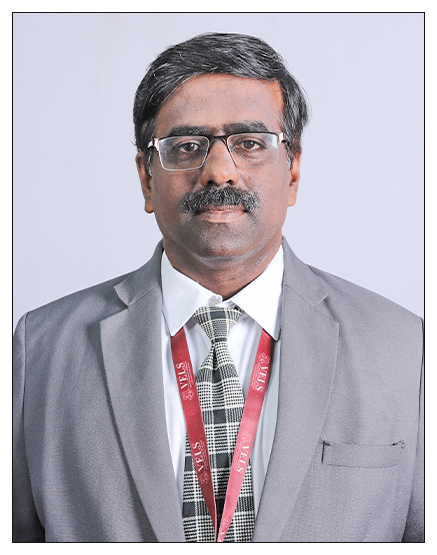 |
| 2 | Dr.Dhanasekaran.C | Professor &HoD | M.E., Ph.D., | Internal Combustion Engineering | 32 | 173382 | 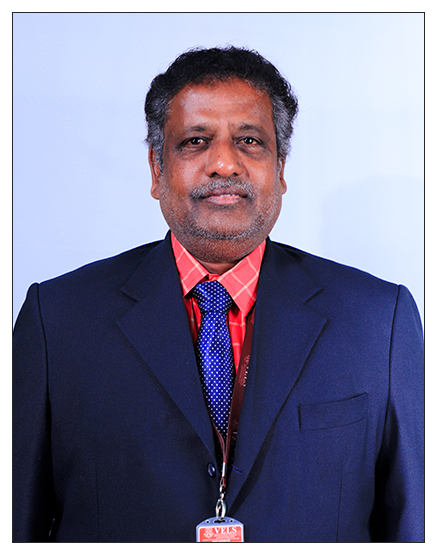 |
| 3 | Dr.Pugazhenthi.R | Professor | M.Tech., Ph.D. | Production Engineering | 20 | 250290 | 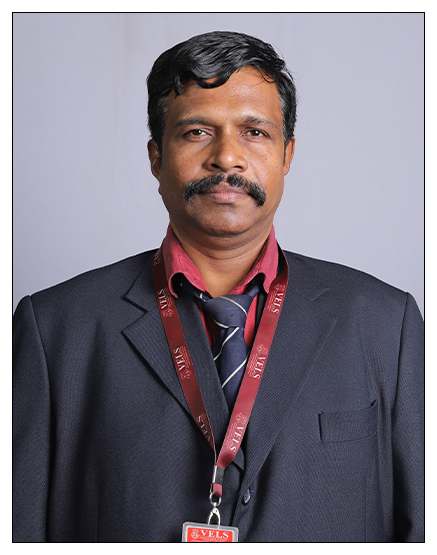 |
| 4 | Dr.Muthuraman.V | Professor | M.E., Ph.D. | Manufacturing | 29 | 234023 | 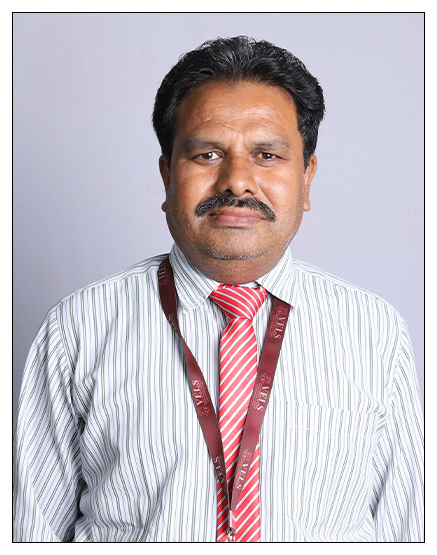 |
| 5 | Dr. S. Vijay Ananth | Professor | M.E., Ph.D. | Production Engineering | 20 | 175896 | 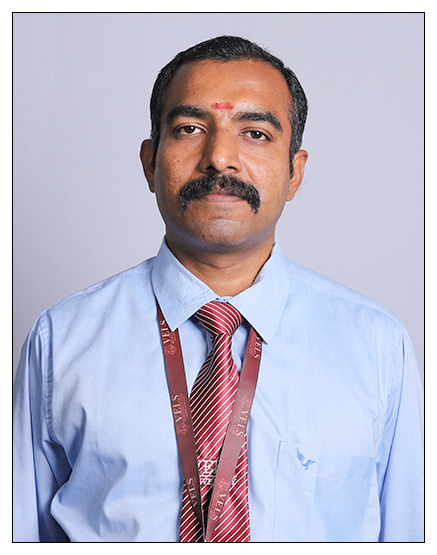 |
| 6 | Dr.Parthiban.A | Associate Professor | M.E., Ph.D. | Manufacturing | 16 | 234014 | 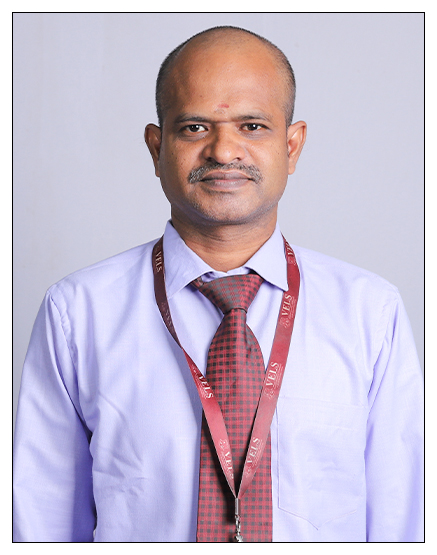 |
| 7 | Dr.A.Arul Peter | Professor | M.E., Ph.D | Thermal Power | 21 | 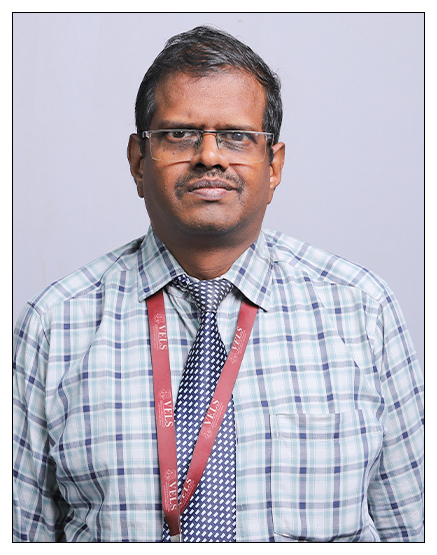 |
|
| 8 | Dr.Sivaganesan.S | Associate Professor | M.E., DIS, MBA, Ph.D | Thermal Engineering | 15 | 232535 | 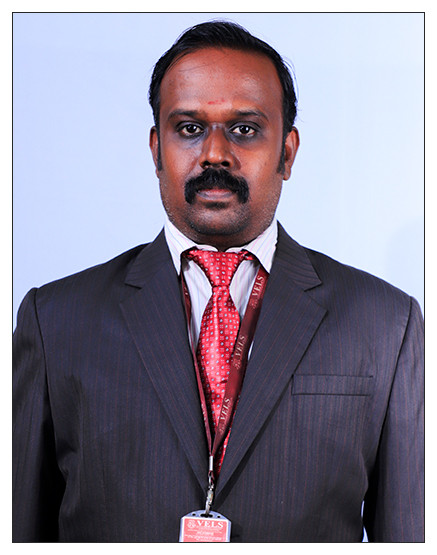 |
| 9 | Dr.Karunakaran.K | Associate Professor | M.E., MBA, Ph.D | CAD/CAM | 12 | 234048 | 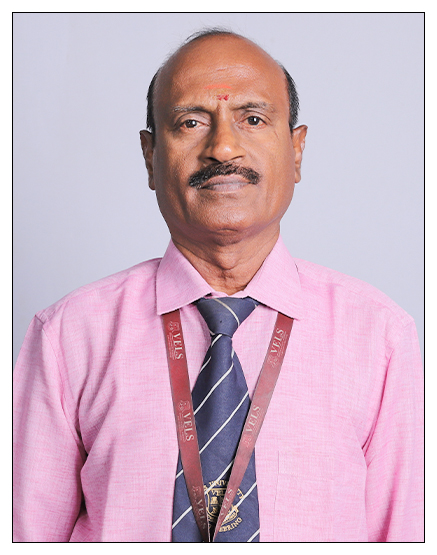 |
| 10 | Dr.Sridhar.R | Associate Professor | M.E., Ph.D. | CAD/CAM | 13 | 234025 | 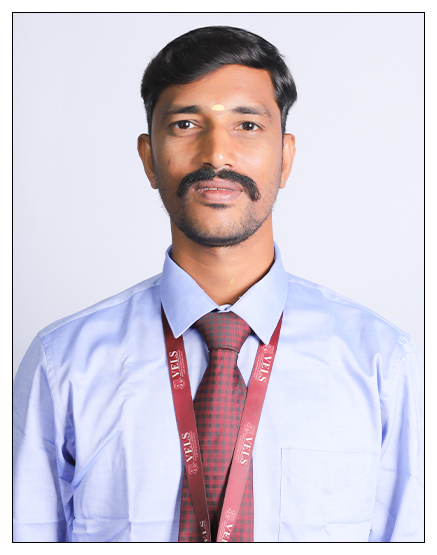 |
| 11 | Dr.Muraliraja.R | Associate Professor | M.Tech., Ph.D. | Product Design, Industrial Engineering | 12 | 236660 | 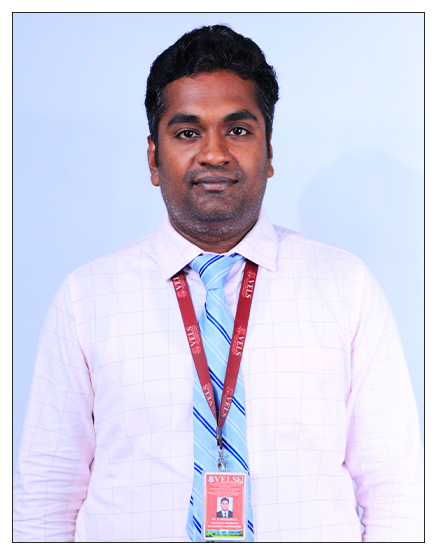 |
| 12 | Mr.Gopalakrishnan.T | Assistant Professor | M.E., (Ph.D) | Computer Aided Design | 10 | 173336 | 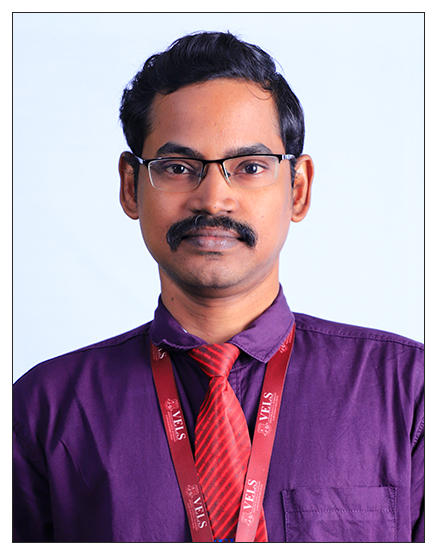 |
| 13 | Dr.Vinod Kumar.T | Assistant Professor | M.E., Ph.D | Computer Integrated Manufacturing | 12 | 173701 | 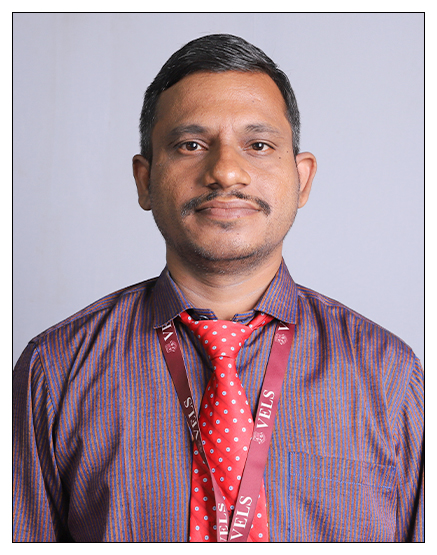 |
| 14 | Dr.C.Gnanavel | Assistant Professor | M.E., Ph.D. | Phase Change Materials | 12 | 232477 | 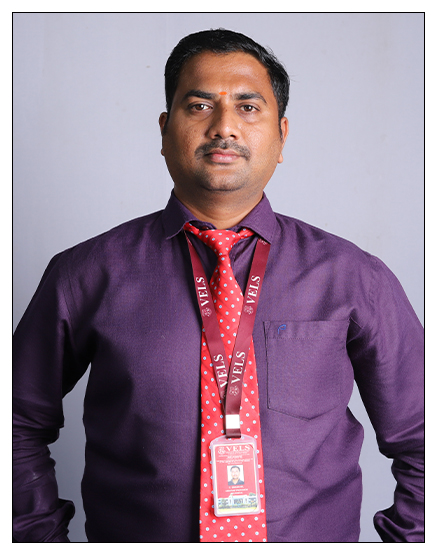 |
| 15 | Dr.Arunkumar.S | Assistant Professor | M.E. (Ph.D) | Manufacturing | 14 | 234028 | 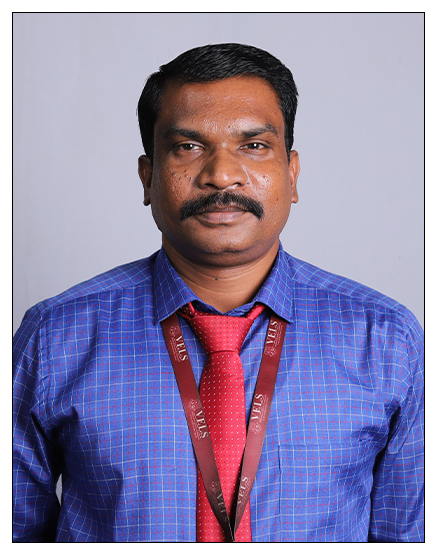 |
| 16 | Dr. Ajith Arul Daniel. S | Assistant Professor | M.E. - Prod. Ph.D | Production Engineering | 9 | 232664 | 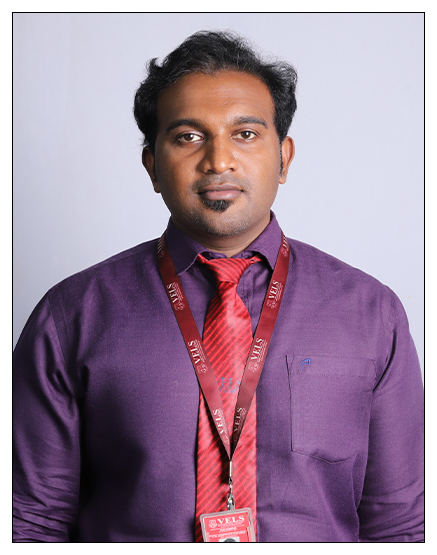 |
| 17 | Mr.S.Varunraj | Assistant Professor | M.E., (MBA), (Ph.D) | Product Design | 8 | 234032 | 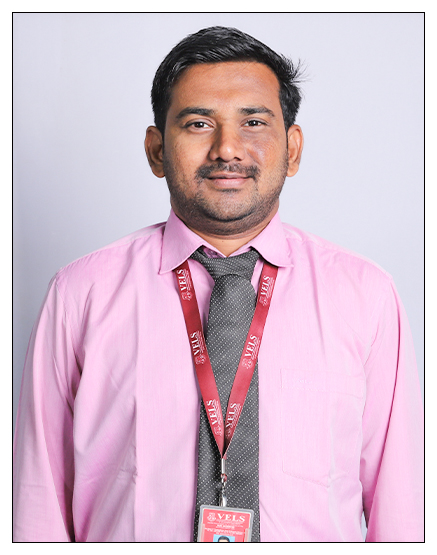 |
| 18 | Mr.P.Prakash | Assistant Professor | M.E., (Ph.D) | Thermal Engineering | 10 | 185691 | 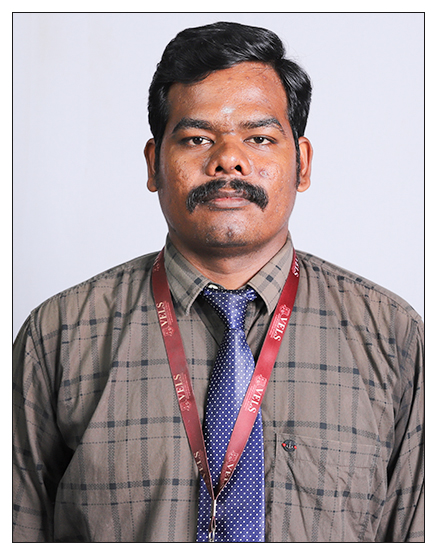 |
| 19 | Mr.Sivabalan.S | Assistant Professor | M.E., (Ph.D) | Computer Aided Design | 10 | 232470 | 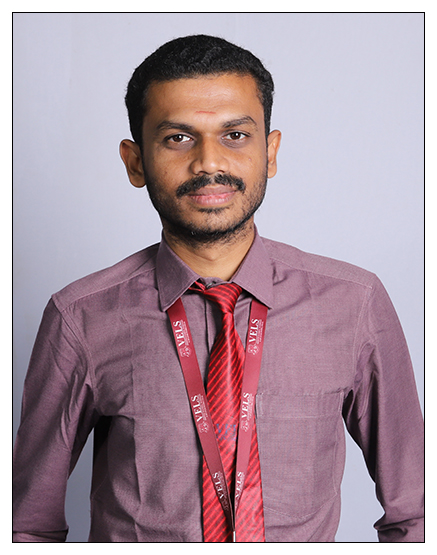 |
| 20 | Mr.G.Sathish Kumar | Assistant Professor | M.E., (Ph.D) | Engineering Design | 10 | 232466 | 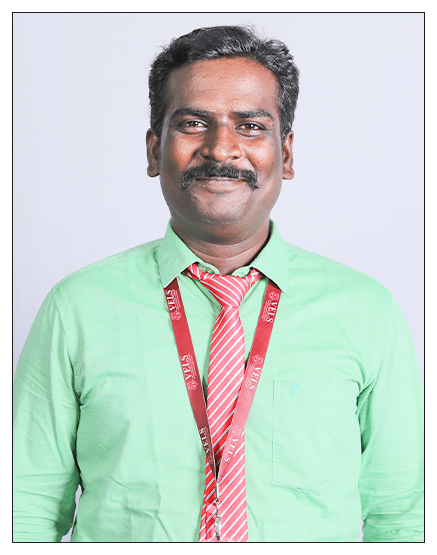 |
| 21 | Mr.R.Muthu Kamatchi | Assistant Professor | M.E., (Ph.D) | Engineering Design | 9 | 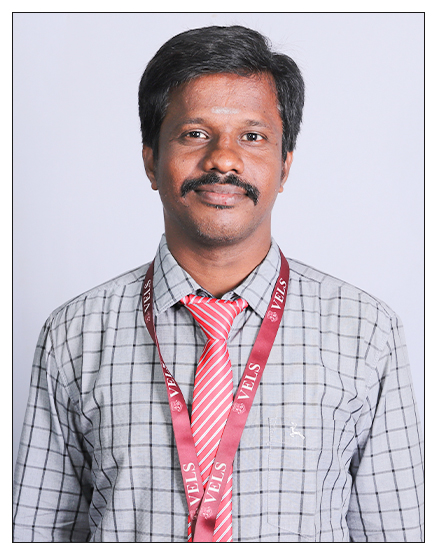 |
 CHAT WITH A STUDENT
CHAT WITH A STUDENT